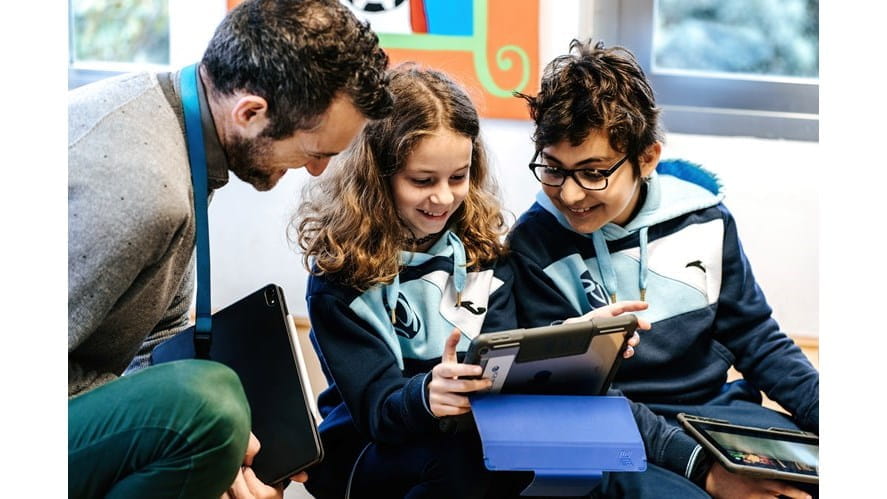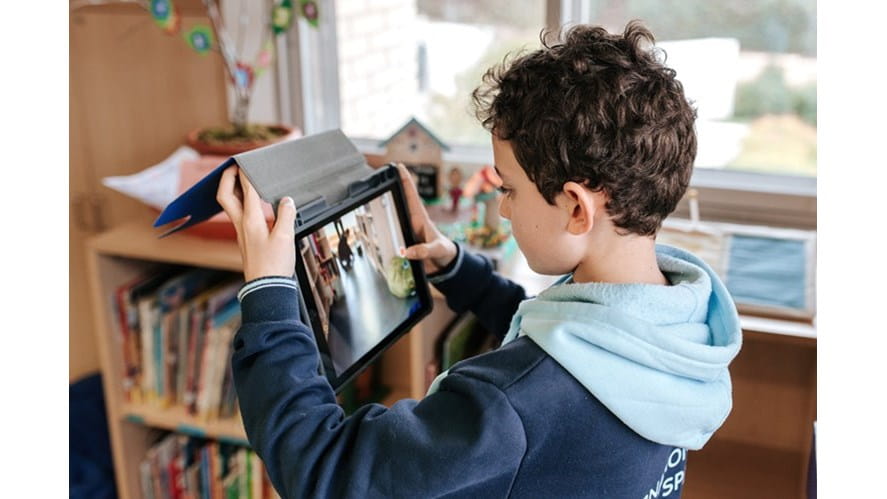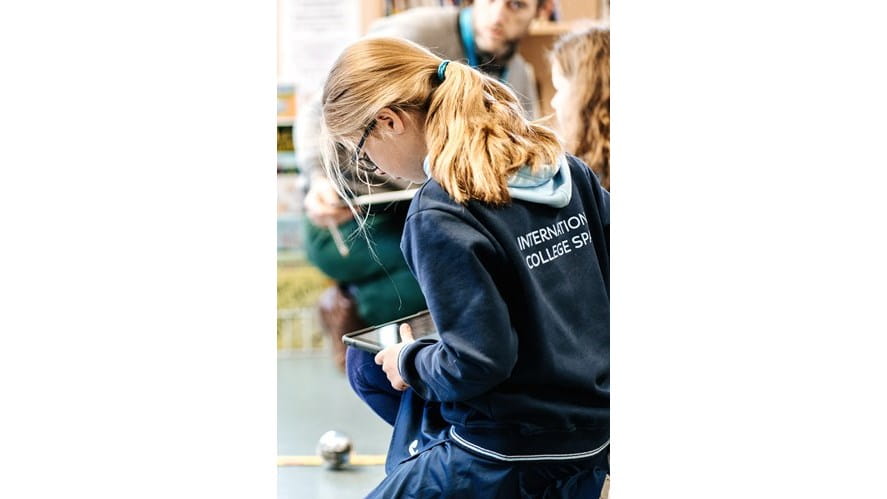We use cookies to improve your online experiences. To learn more and choose your cookies options, please refer to our cookie policy.

Due to global circumstances, adults and children alike are now spending more time in front of screens. We as adults are all too aware of the risks involved with increased screen-time, however our younger students need to learn good digital habits, and as parents there are several steps that can be taken to ensure positive attitudes and habits toward technology are being fomented.
Within our school we use the structure of theCommon Sense Media curriculum, which was developed in collaboration with Harvard Project Zero. This curriculum covers areas including: Media Balance & Wellbeing, Privacy & Security, Digital Footprint & Identity, Relationships & Communication, Cyberbullying, Digital Drama & Hate Speech, as well as News and Media Literacy.
This year, class teachers will be delivering these lessons, which will be re-enforced by specialists. We believe class teachers are best placed to meet the personalised needs of each student, while being supported by subject specialists as per our transdisciplinary approach.
However, we need to ensure that students learn positive digital habits from home, as well as school. As parents, your digital actions lay a foundation for your children to follow, and this can start with as little as agreeing that all family members leave their mobile devices aside for set times throughout the evening to have family time, such as dinnertime.

Our school devices and networks are designed with your children’s safety in mind. For example, we have ‘blocks' as well as filters in place, however when the device is taken home, students connect via a home network which may not have the same amount of protection. It is possible to put in place parental controls via the router at home. While blocking can create a safer place for students to investigate our digital world, it is not a solution. We urge all parents to be present with the children when internet-connected devices are being used, as there is no replacement for adult supervision. We appreciate this may not be possible all of the time, and for that reason we also recommend that bedrooms are device-free zones.

While this is a very delicate subject, I do think there are ways in which we can help raise confident, investigative students and children while ensuring their safety and balanced development are kept in mind.
If you have any further questions about how you can help your child, or anything in reference to technology use, please feel free to contact me.